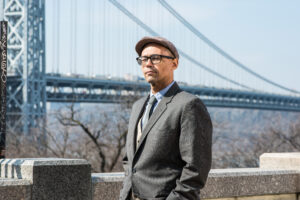Truth Café
Issue #164
Summer 2025
It was some years before I got up the courage to go to the truth café. But when finally I did, it took only a few weeks to convince one of the women in my life to join me. She...
Purchase an archive subscription to see the rest of this article.
Purchase an archive subscription to see the rest of this article.

